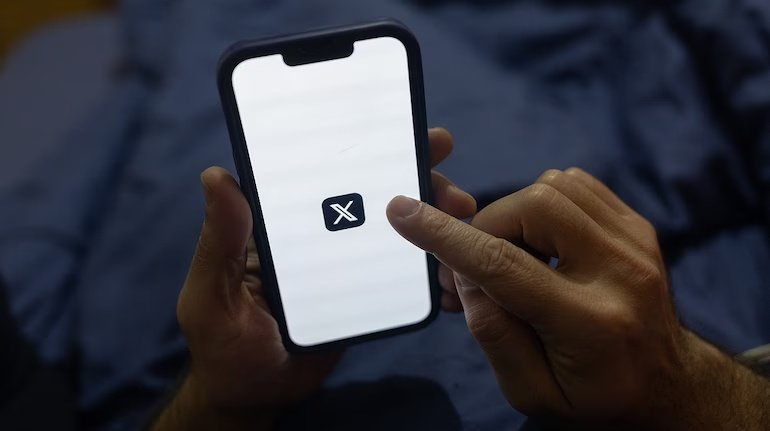X, previously known as Twitter, has submitted a petition to the Karnataka High Court contesting the Indian government’s use of Section 79(3)(b) of the Information Technology Act (IT Act) to request the removal of tweets and other content from the website owned by Elon Musk.
X alleges that governmental bodies in India are circumventing appropriate legal protocols and establishing an unlawful framework to restrict online content.
According to the IT Act, platforms such as X may forfeit their legal shield, referred to as safe harbour, if they fail to delete or obstruct content upon requests from government officials.
However, X contends that this section does not empower the government to restrict content, claiming that the authorities are improperly exploiting the provision to evade Section 69A – which outlines a detailed procedure and safeguards for content blocking, established by India’s Supreme Court in the 2015 Shreya Singhal ruling – of the IT Act.
X asserts that Section 69A permits content blocking solely for particular reasons, like safeguarding national security, and mandates a review procedure. In comparison, Section 79(3)(b) lacks explicit regulations and permits authorities to obstruct content without adequate scrutiny. The firm cautioned that this might result in extensive censorship across India.
ALSO READ: BCCI announces Rs 58 crore prize money for Champions Trophy winning Indian Team
X claims that these activities are damaging its operations in India. The organization states it relies on users sharing legal information, and it worries that arbitrary blocking orders will harm its platform and erode user trust.
X is also against the government’s effort for it to participate in Sahyog, a platform managed by the Indian Cyber Crime Coordination Centre (I4C), intended to oversee Section 79(3)(b) orders.
X referred to Sahyog as a “Censorship Portal” and claims there is no legal foundation for establishing this system or for compelling companies to designate special officers for it. X seemingly contended that it has already adhered to the current regulations outlined in the 2021 IT Guidelines, mandating platforms to designate grievance and compliance officers.














